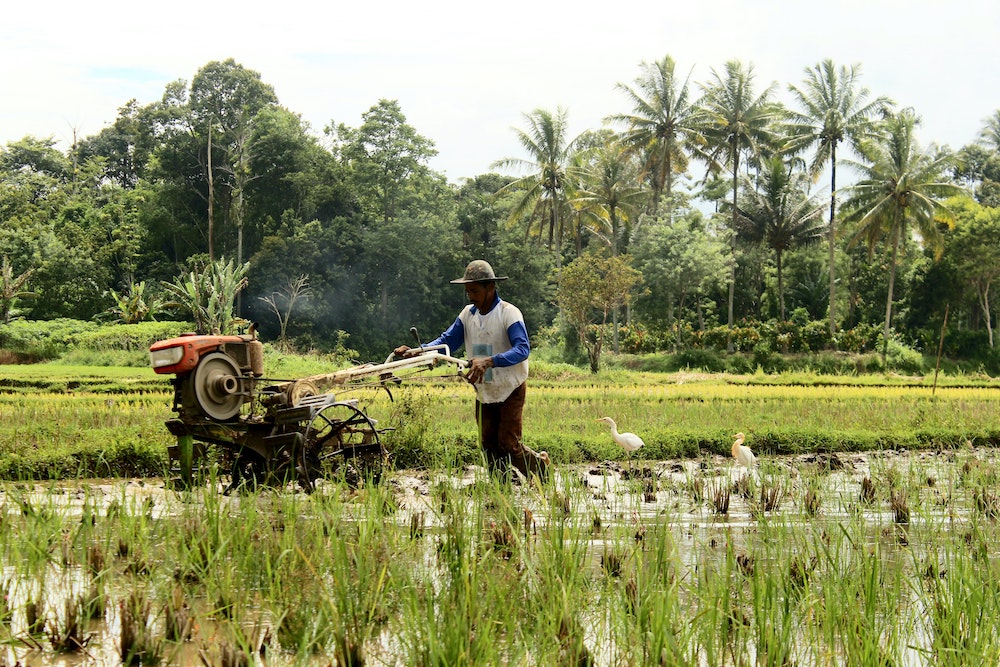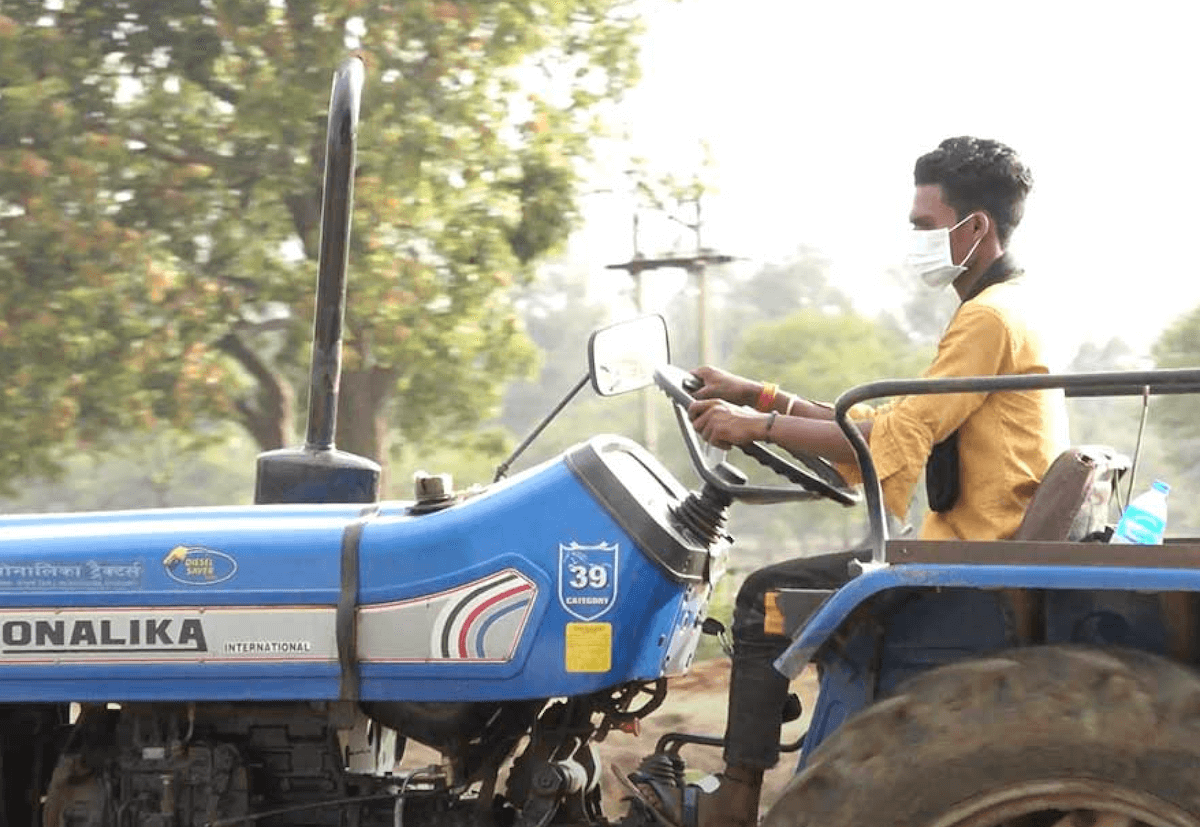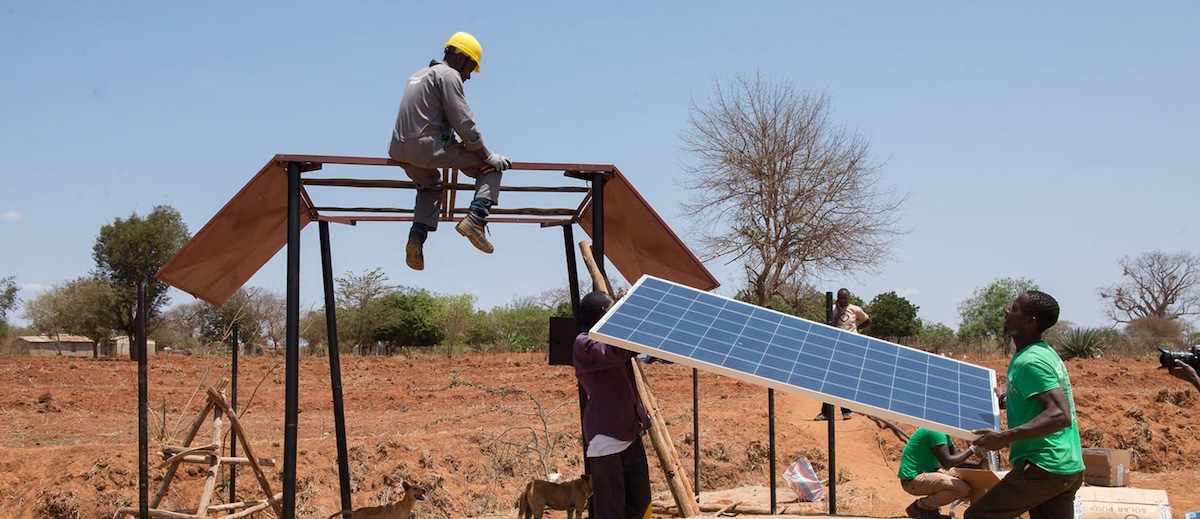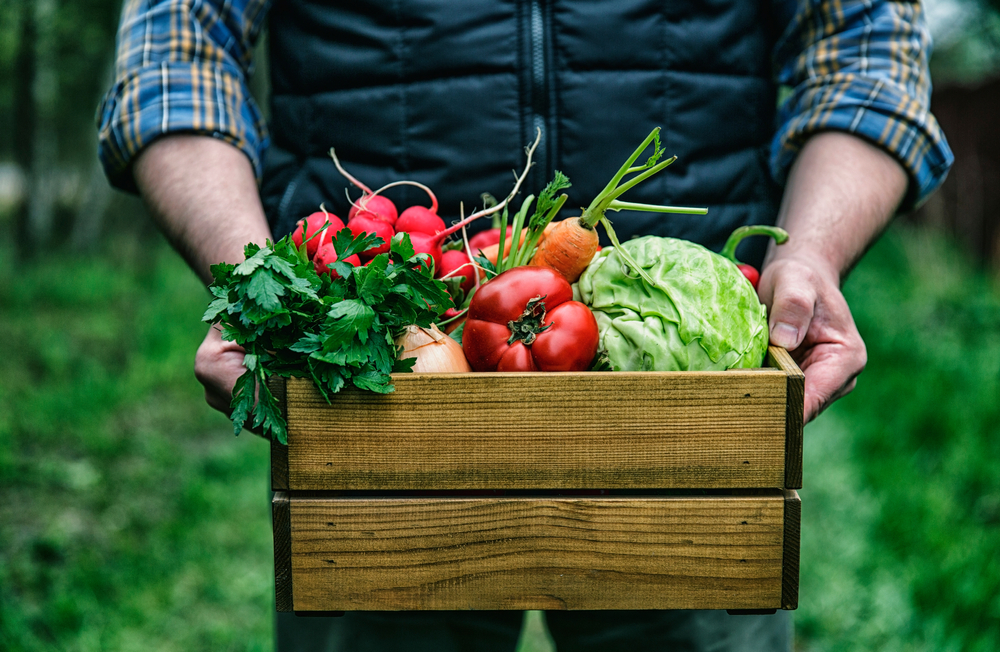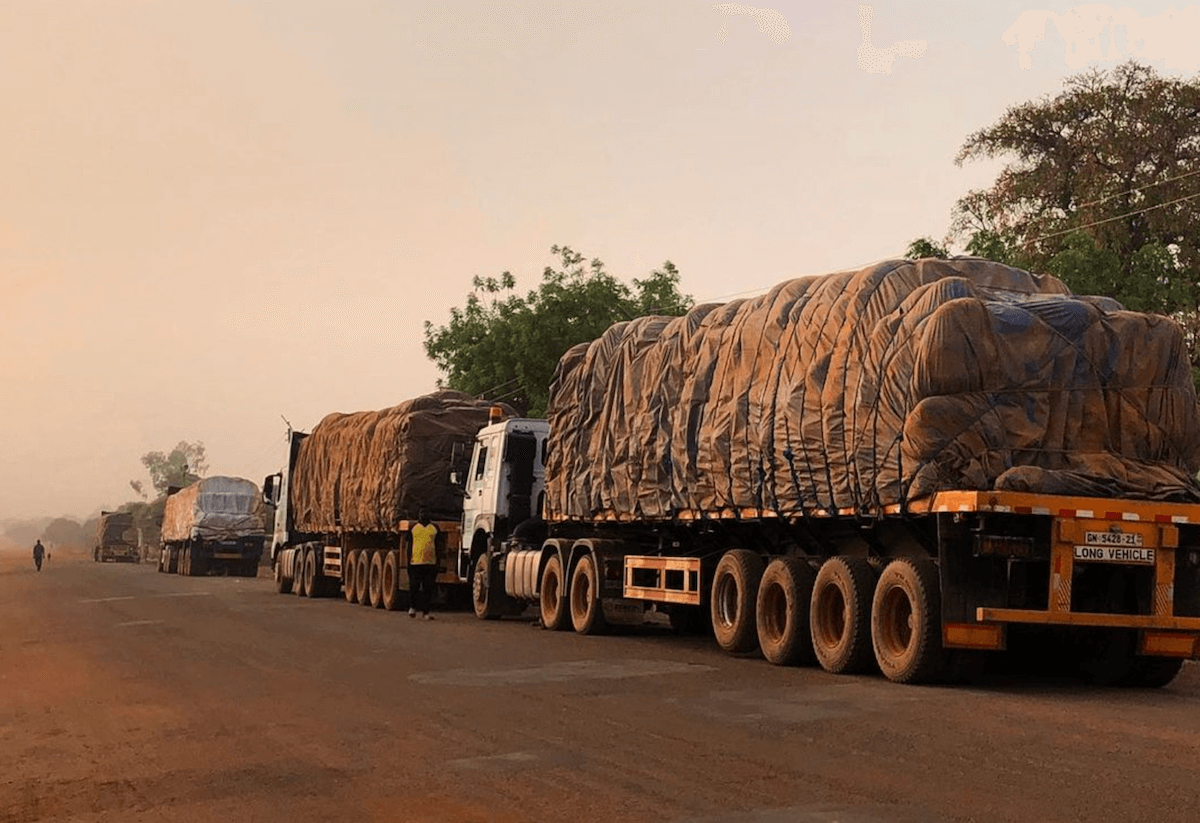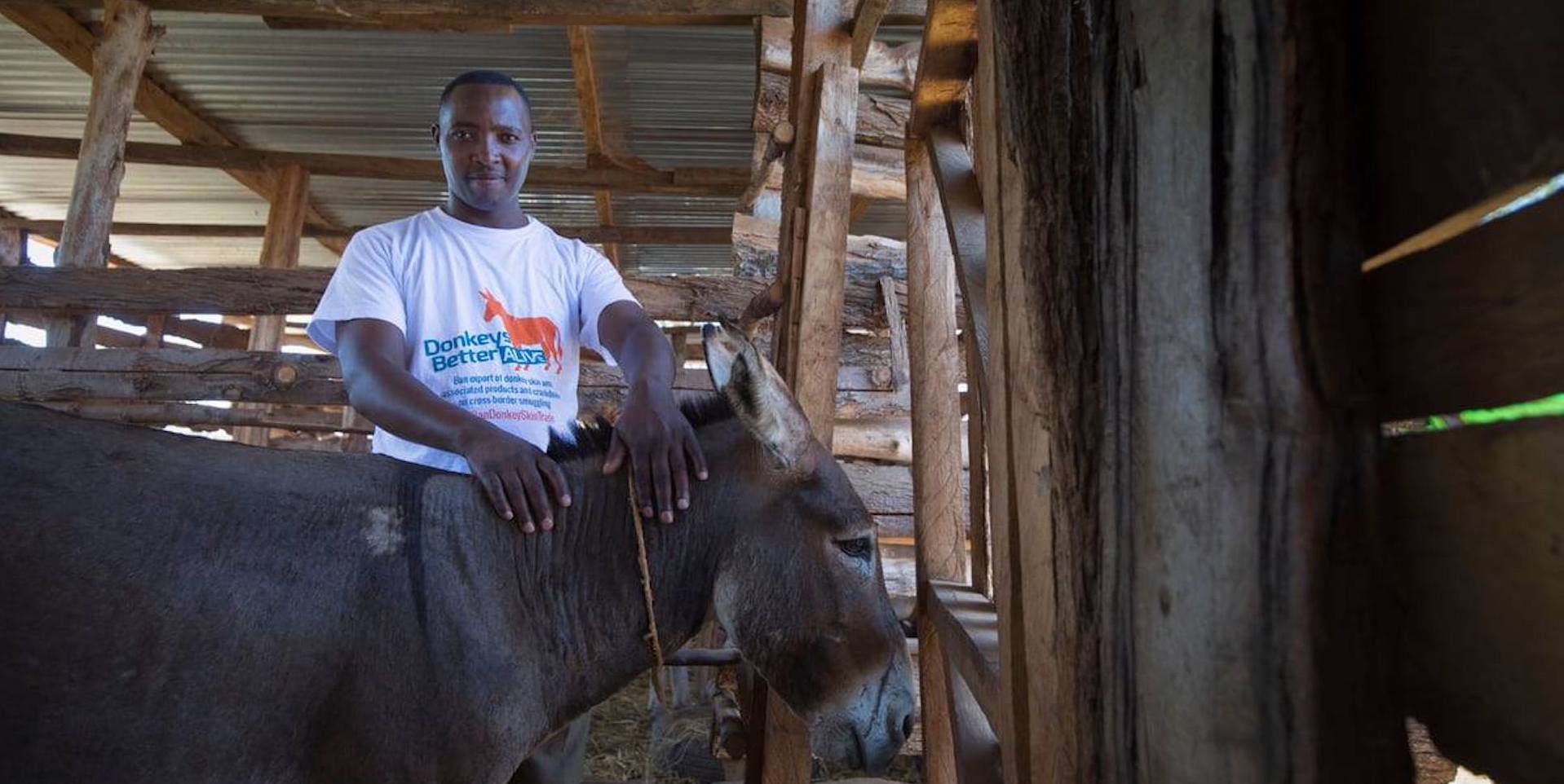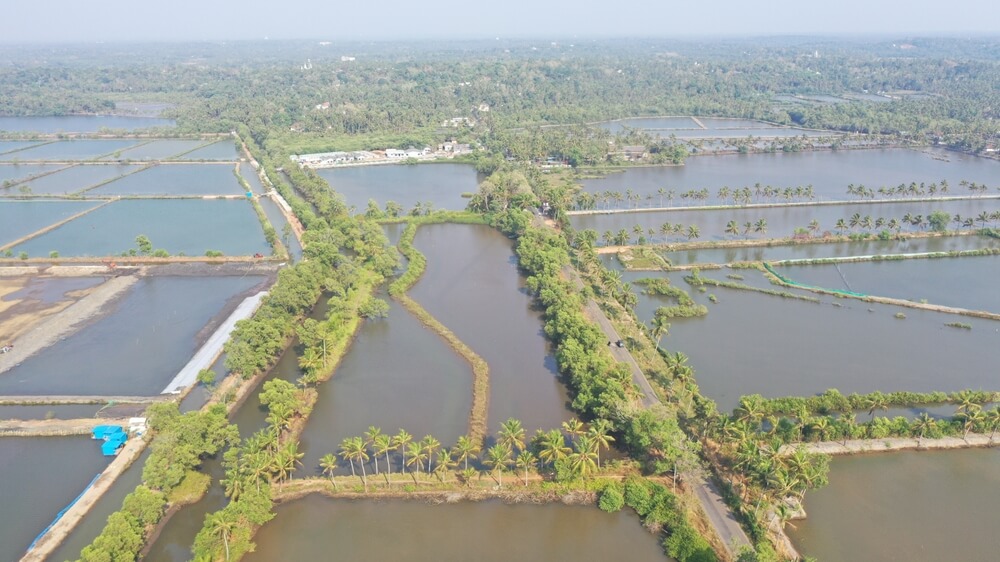ImpactAlpha, Apr. 13 – The world’s 500 million smallholder farmers face a double crunch in coming decades: the need to grow more food for rising populations even as climate change already is reducing yields of many crops in Africa and elsewhere.
As much as 80% of the world’s food is produced by smallholder farmers. Climate change could depress crop yields globally by up to 30% by 2050, according to the World Bank.
Farmers on the frontlines of climate change also are on the frontlines of innovation. Improved farming practices and technologies can build resilience in the face of higher temperatures, more frequent droughts and floods and increases in diseases and parasites.
And the imperative to help small farmers adapt to climate change is spurring long-overdue innovation in agricultural financing as well.
>>> Answer The Call: Catalytic capital for climate adaptation and social equity. Join Apollo Agriculture’s Benjamin Njenga, the Lightsmith Group’s Jay Koh and other Agents of Impact Tuesday, Apr. 19 at 10am PT / 1pm ET / 6pm London. RSVP today.
Such financing is coming from new, fintech-enabled agricultural lenders as well as from established agribusiness suppliers and cooperatives. A variety of initiatives are helping local commercial banks become climate-smart enough to underwrite loans to smallholder farmers, some for the first time.
A growing crop of startups are developing tools to help small-scale farmers and agribusinesses adapt. This week, Lightsmith Capital and Village Capital identified 16 small- and medium-sized businesses, or SMEs, for the first cohort of the Adaptation SME Accelerator Project, or ASAP.
Among the first cohort: Kitovu Technology, a Nigerian company that provides small farmers with inputs on credit and supplies them with data about soil and crop health, storage and market links through its digital platform. Congretype in South Africa offers weather and agronomic information in local languages to help farmers make better decisions. Egypt’s ZR31 offers precision agriculture-as-a-service that offers everything from crop monitoring to insurance.
Inputs and data
Digital tools that integrate climate information into agricultural decision-making can help smallholder farms adapt to climate change. Such apps and tools can boost farmers’ productivity by 30% and their income by as much as 25%, according to the World Resources Institute.
For example: Apollo Agriculture is helping Kenya’s farmers access climate-resilient seeds, acquire crop insurance and teaching farmers new techniques to secure and grow their livelihoods (see, “Apollo Agriculture is out to show how financing smallholder farmers can boost production and profits“).
By bundling local distribution with better data, tech-enabled platforms such as Apollo and India’s DeHaat, can boost access to low-cost credit and adoption of climate-smart technologies by lowering transaction and marketing costs.
Micro-insurance companies Pula and OKO Finance are introducing African farmers to low-cost coverage to protect them against drought and other natural disasters. Ecozen is helping India’s smallholder farmers access renewably-powered irrigation systems and cold storage.
In Kenya, SunCulture is attempting to apply pay-as-you-go financing for solar-powered irrigation pumps. Arya in India is using warehouse receipts to facilitate farmers’ access to financing for better inputs and other on-farm needs.
One Acre Fund is providing collective lending services for farming communities (see, “One Acre Fund secures $20 million to catalyze institutional capital for African farmers”). Other creative models: subscription-based services and “as-a-service” models, like precision crop-spraying.
Supply chains
Agribusinesses and co-ops that buy and aggregate crops from millions of farmers are in a position to support the adoption of climate-smart agriculture. That includes incorporating plant stock, seed, varietals that are resistant to drought, planting trees to cool the soil and capture more carbon and increasing biodiversity.
Helping those businesses finance such transitions is an impact investing opportunity. In India, the agritech-focused impact investor Omnivore has invested in 40 startups strengthening India’s food value chain and improving livelihoods for the country’s 320 million smallholder farmers.
Omnivore counts Ecozen among its portfolio companies, as well as Arya, dairy-focused neobank DGV, and DeHaat, which last year raised $115 million in Series D financing. With 75% of its second fund deployed, Mumbai-based Omnivore is preparing to launch its third fund.
“There’s definitely going to be a higher climate salience to what we do,” Omnivore’s Mark Kahn told ImpactAlpha. “The entrepreneurs that we’re seeing are all grounded in climate science as part of their businesses.”
Areas needing investment: reducing the climate impact of India’s livestock sector, reducing the vulnerability of rice farmers, and access to better and more sustainable fertilizers. Also on Omnivore’s radar: “carbon credits in a smallholder setting,” said Kahn.
The Swiss investment manager responsAbility, with support from German development agency GIZ and KfW, is supplying long-term expansion debt to such agribusinesses in Asia-Pacific, Latin America and Africa.
“The strategy is to finance agribusinesses experiencing growth opportunities to meet the increasing demand for healthier, more equitable and more sustainable food,” responsAbility said in announcing the partnership in February.
The capital gap for small farms and agribusinesses in emerging markets is at least $104 billion a year, ISF Advisors estimates in a new report. Climate expertise should be “integrated into all channels” of financing agricultural small- and medium-sized businesses, or “agri-SMEs.”
“Agri-SMEs are fundamental to changing the way agri-food value chains work,” the authors write, including introducing products and services that help farmers adapt to climate change.
Banking farmers
Just as farmers need training and technical assistance to adapt to climate change, so do bankers and other lenders.
Berlin-based Yapu helps financial institutions in emerging markets digitize their processes, better assess risks and make it easier for financial institutions to underwrite smallholder farmers.
In Rwanda and Uganda, Aceli Africa is partnering with Switzerland-based Good Energies Foundation and seven tree nurseries in Rwanda and Uganda to test SMS and voice-based training for farmers planting seedlings and saplings.
Aceli also deploys donor capital to compensate financial institutions for the lower revenues and higher costs of originating loans to new, high-impact African agribusinesses. Aceli provides a first-loss cushion of up to 8% to lenders financing high-impact agribusinesses that prioritize gender inclusion, food security and climate resilience.
“To the extent that technology can contribute to monetizing climate-friendly practices for farmers, it could tip the scale to make those practices economically viable,” Aceli’s Brian Milder told ImpactAlpha.
The challenges of climate change make giving farmers access to climate-smart technology and practices as important as their access to finance.
“We have to invest beyond the bankability piece,” Willy Foote of agricultural lender Root Capital told ImpactAlpha. “Too little money is going into adaptation and smallholder agriculture relative to other climate investments.”
Dennis Price contributed reporting.

